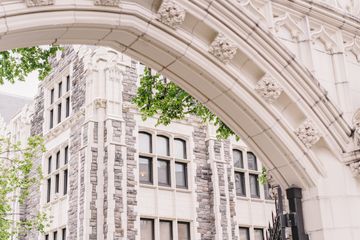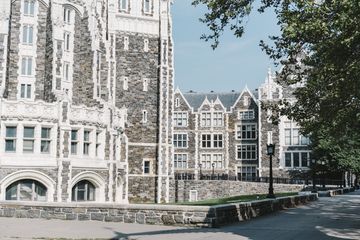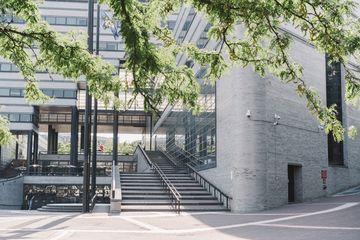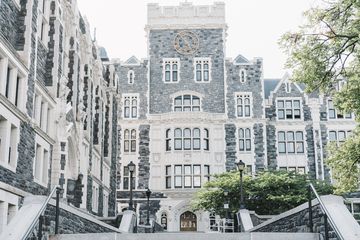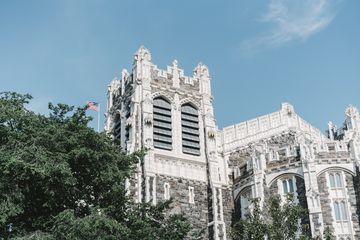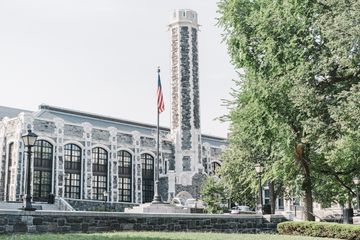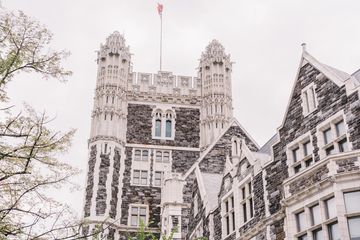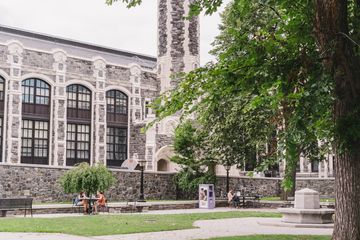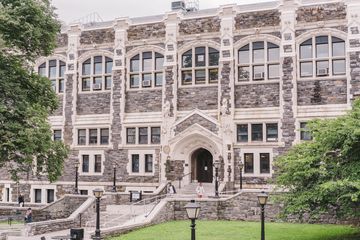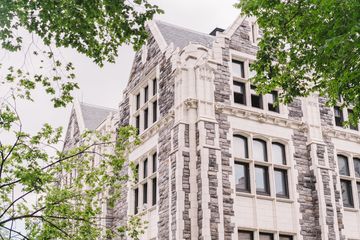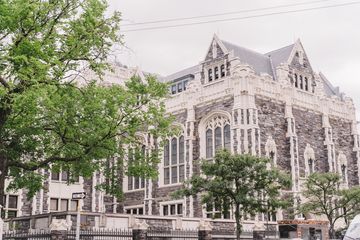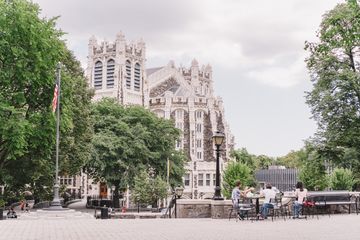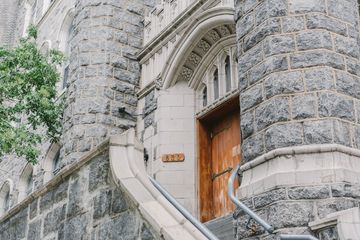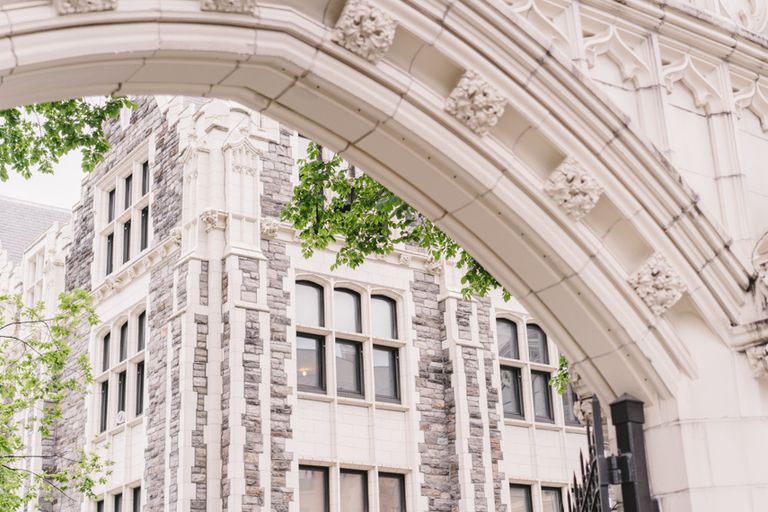
Sprawled along five blocks of Convent Avenue and bordered by St. Nicholas Park, City College of New York’s campus is an impressive sight in West Harlem. Although CCNY was founded in 1847 as the Free Academy of the City of New York, it did not move to its current location until 1907. The buildings were designed by American architect George Browne Post, who was known for his unique projects and penchant for pioneering new ideas. His work on the campus reflects this, as CCNY is one of the first colleges to implement the Collegiate Gothic style in the United States.
Its architecture, of course, is not the only feature that makes CCNY unique. It is known for being the first free public university in the United States, created with the specific intention of making education accessible to all, even members of communities typically barred from higher education due to their status as immigrants or low income. Over the years, it has abided by this founding mission of fostering diversity and opportunity. For example, the school boasts one of the first fraternities to admit members of different ethnicities and religions, it started accepting women into their graduate program as of 1930, and it eliminated the policy mandating weekly chapel attendance. To this day, CCNY continues its efforts to change with the times and broaden its student body.
